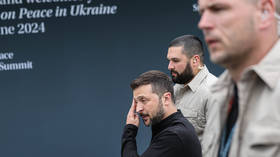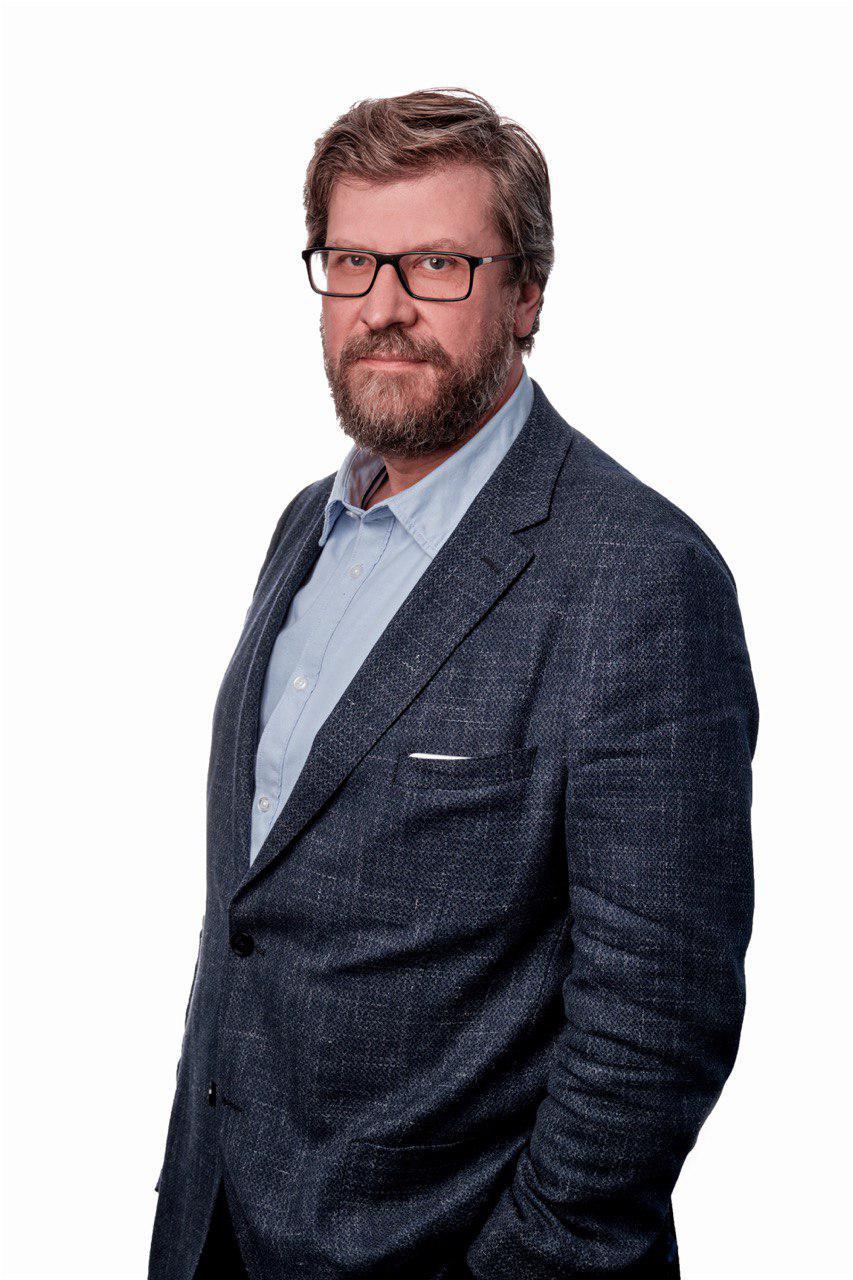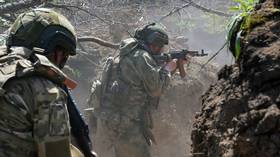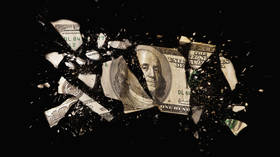Fyodor Lukyanov: Here’s why this weekend’s Ukraine ‘peace conference’ is a sham

Ukraine – with the support of its Western patrons – has been preparing this weekend’s “peace conference” in Switzerland for a long time. However, the main goal of the organizers – a major international event to condemn Russia in general – has only been marginally achieved. Its impact is diminished by the unwillingness of the countries of the global South and East to participate in such an event. Some very important countries (e.g. China) refused to come at all, while the majority behaved in the usual way – they do not want to quarrel with the West, so they showed the minimum permissible interest (which everyone judged for themselves). But these players do not want to be used to legitimize a certain line.
Difficulties in attracting guests forced the organizers to narrow the agenda to make it meaningful to a less engaged public. Food and nuclear safety, as well as the humanitarian issue of prisoner exchanges, are worthy of discussion in their own right. The basic idea has also been changed – Zelensky’s ‘peace formula’, which implies Russia’s capitulation, has disappeared from the agenda. The outcome of the meeting can be predicted in advance – a lot of pathos-laden speeches from the Ukrainian and Western participants, with shorter and more evasive comments from the others, and some kind of streamlined resolution with a call to continue working within the framework of an ‘inclusive’ peace process. There will be some propaganda gains, but not on the scale for which the whole thing was conceived.
The background to the conference is more interesting. The EU has held difficult elections to the European Parliament. The composition of the bloc’s representative body did not change dramatically. The mainstream parties retained control and the ability to decide among themselves on the distribution of seats in the European Commission. But in some countries, and some very important ones, there have been shocks that have been extremely unpleasant for the establishment.
France is the most affected – the failure of Emmanuel Macron’s movement against the backdrop of the success of the far right is so obvious that the president has found it necessary to immediately announce new parliamentary elections. It is a risky move, but otherwise the feeling of being a lame duck would only increase. In Germany, the governing coalition did extremely badly – the main opposition CDU/CSU bloc gained almost as much as the three governing parties combined. The second place of the Alternative for Germany (AfD), against which an aggressive smear campaign was organized, is a clear signal to the elites. Other notable results include the victory of the scandalous Freedom Party (also far right) in Austria and the success of the nationalists in Belgium and the Netherlands.
It is wrong to link the results solely to the Ukraine issue; the range of issues on the minds of European voters is much broader. However, Emmanuel Macron deliberately made the defense of Ukraine one of the pillars of his party’s campaign, hoping to use the Russian threat to divert attention from France’s domestic situation. In Germany, the supply of arms, including long-range weapons, to Kiev has been a source of constant debate, and the chancellor has been criticized for his constant indecision. The result, however, is ambivalent. The victorious CDU/CSU are the real hawks, while the second-placed AfD opposes arming Ukraine. The Netherlands and Belgium are among the bastions of support for Kiev, but the vote there was driven by very different factors. Finally, in Austria, which officially maintains its status of neutrality, there is a debate about its position in the context of the European crisis – whether there is a risk of becoming a participant in the confrontation.
What unites all the results of the European elections is not this or that stance on the Ukraine conflict, but the diverging agendas of ever wider sections of the population and the political establishment. In France, some people were probably alarmed by Macron’s bellicose activism when he talked about sending the military into the Ukrainian conflict zone. But domestic issues, from security and migrants to living standards, undoubtedly seem more important to the vast majority of French people. And the main feeling about the current leadership is that it is not dealing with the real aspirations of the people, but instead focusing on its own problems, which are mainly of interest to its own circle.
And this, as the expression goes, is not a bug but a feature (not a failure of the program, but its function). The same Macron appeared on the political scene in 2017, when the country’s two leading parties were in deep crisis and the US and the UK had just experienced political upheavals – the arrival of Trump and the vote to exit the European Union. A fresh, combative figure with elastic views capable of changing in any direction was the French establishment’s response to the threat of undesirable ideological and political alternatives coming to power. In other words, an imitation of renewal without touching the essence. In Macron’s case, it worked. But when internal contradictions reach insurmountable proportions, substantive solutions are needed. And decisions on the issues that matter most to the majority of the population, not to those at the top. France seems to be the first big Western state to have reached such an impasse.
This is relevant to the meeting on Ukraine in Switzerland in the sense that priorities will inevitably change in the long term. Not on the Ukraine issue, but in general. Then the time will come for a real peace conference.
This article was first published by Rossiyskaya Gazeta newspaper, translated and edited by the RT team















